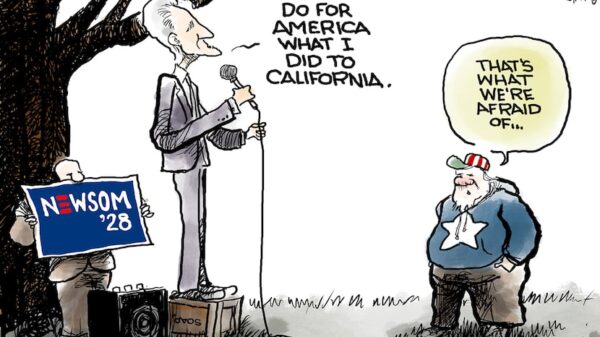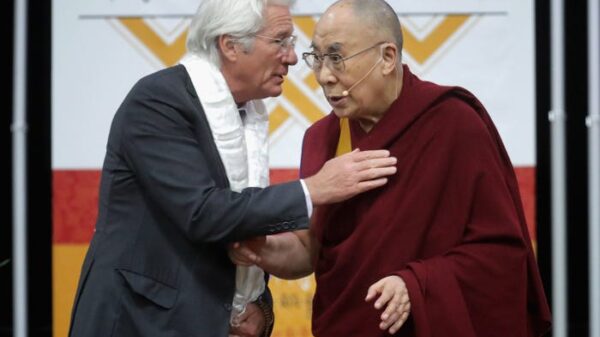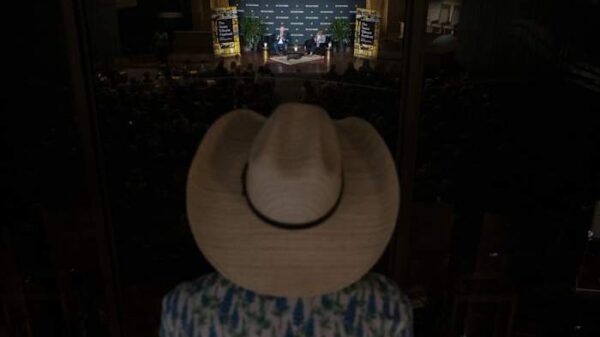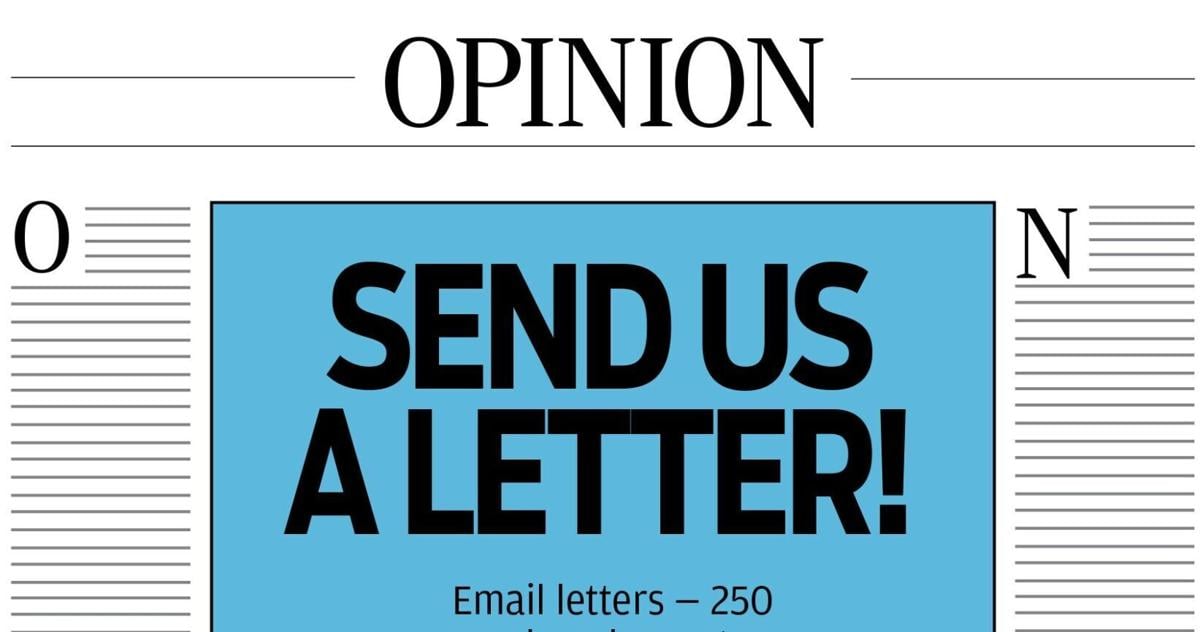Governor J.B. Pritzker has recently expressed strong condemnation of gerrymandering practices employed by Texas Republicans, calling their actions into question. This criticism, however, comes in light of Pritzker’s own controversial decisions regarding congressional redistricting in Illinois, where he signed off on a map widely criticized for its lack of fairness.
Pritzker’s Controversial Redistricting Decision
In 2021, the Democratic-led legislature in Illinois crafted a congressional map that granted the party 14 out of 17 available seats. Independent analysts assessed the map and assigned it an “F” grade for fairness, highlighting the blatant partisan advantage it provided. This decision raised eyebrows, particularly because Pritzker previously vowed to veto any map created by politicians to prevent gerrymandering.
Jan Weber, the Henry County Chair of the 16th District State Central Committee, has publicly criticized Pritzker for not adhering to his own standards. In a letter, Weber pointed out the contradiction in Pritzker’s stance. “Before lecturing others, Governor Pritzker should hold himself to the same standards he demands from everyone else,” Weber stated.
The Implications of Political Gamesmanship
Pritzker’s recent remarks about Texas Republicans come just as he hints at a potential redraw of Illinois’ congressional maps. This move appears to be a direct response to the actions taken in Texas and raises concerns about the motivations behind such decisions. Critics argue that this is not an example of good governance but rather an act of political gamesmanship.
The governor’s ability to navigate this complex issue will likely be scrutinized by both political opponents and constituents who expect integrity in governance. As Illinois continues to grapple with the implications of partisan redistricting, Pritzker’s actions may play a significant role in shaping the political landscape of the state.
In a time when the public is increasingly aware of the impacts of gerrymandering on democracy, Pritzker’s duality in approach could undermine his credibility as a reformer. The actions of both Illinois and Texas serve as reminders of the ongoing challenges in achieving fair representation in electoral processes.







































































